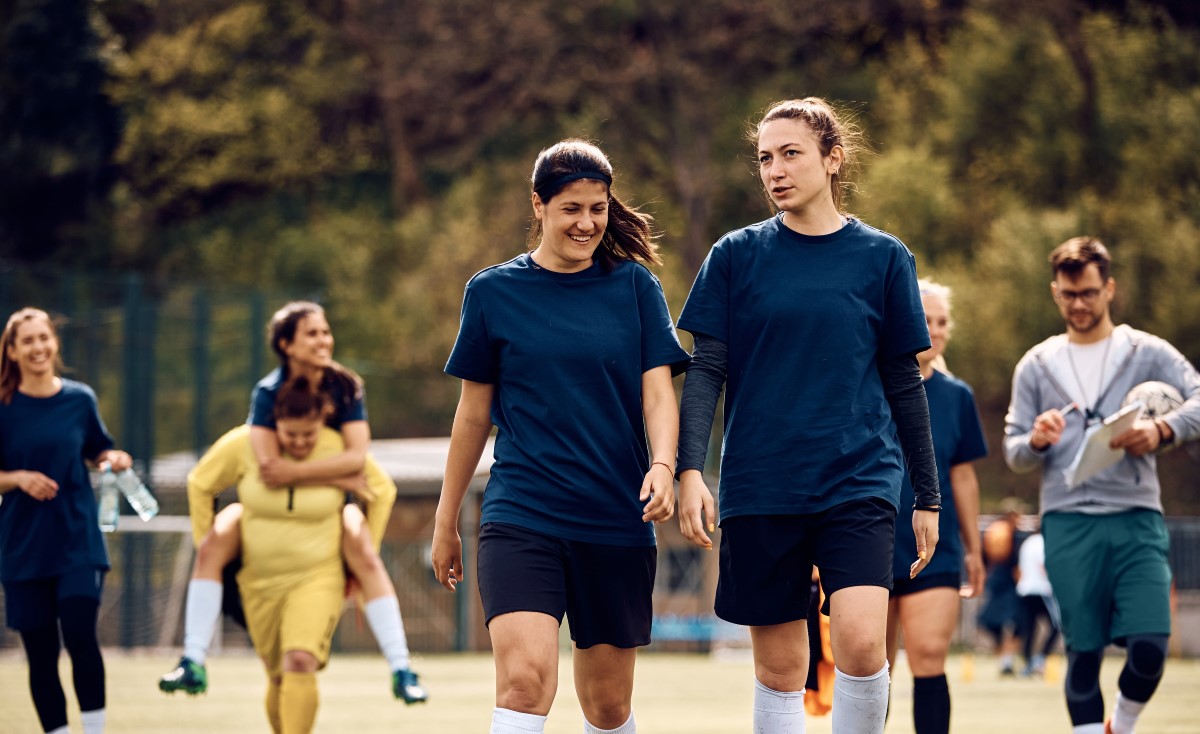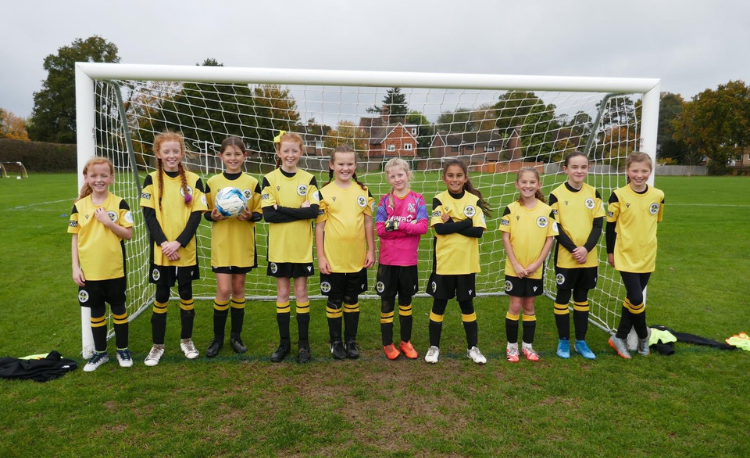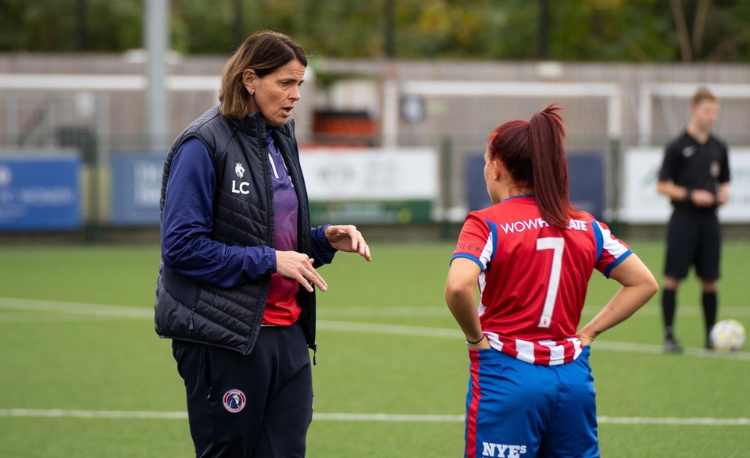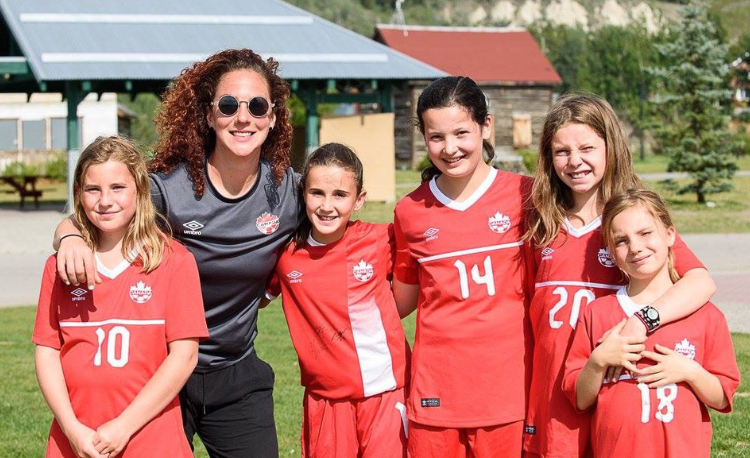You are viewing
1 of your 3 free articles
Break up the cliques
Team harmony must come first for success to be achieved, says Jenn Ireland.
When the bond between players on a soccer team is strong, amazing things can happen.
When team-mates work to support each other on and off the field, when they truly care about the group and about one another, and when individuals focus on something bigger than themselves, things just flow.
This is the power of the collective. If you have ever experienced it, you will understand just how much of a positive impact it can have on how your team plays.
However, if you have ever been involved with a team where cliques got in the way, you know just how detrimental they can be to a group, your season, and your mindset.
The opposite of togetherness
Often, the things that derail a season are not soccer-specific at all.
Most of the time it is down to relational and environmental issues within the group, with cliques being one of the main culprits.
When cliques form, they can become a cause of conflict within a team and hinder the development of the group and individuals.
If your team has an issue with cliques, players can feel isolated and excluded. Not feeling accepted can affect a player’s comfort level with the group and negatively impact their game performance.
Cliques hurt the collective
Cliques undermine whatever goals the team has by causing separation and disconnect, meaning players don’t always work to support and encourage one another.
This can have detrimental consequences in certain circumstances, like when you are trying to bounce back after a big loss.
When players feel like they don’t belong, they can invest a lot of energy, emotions, and thoughts into getting their team-mates to like them, which takes away their focus on soccer. And if they already feel insecure about themselves and their abilities on the field, this can lead to feeling even more insecure and further hurt their development and progression.
The impact on collective play
Sometimes, those in the cliques might not realize they are being hurtful. However, the truth is, if even one person feels alienated, the issue needs to be addressed.
Everything about cliques hurts your team’s ability to connect with each other and play well together.
It shows in how players interact. If certain team-mates refuse to pass to each other, yell or get upset, the team will not be able to play good soccer.
Negativity on the pitch results in disconnected play, avoidable errors and an atmosphere that is simply not fun for anyone to be a part of.
"The best way to move past issues with cliques is to address them head on..."
Creating a clique-free culture
A strong team culture is the remedy to preventing cliques from hurting your team.
Good leaders understand that cliques are detrimental to success and wellbeing. Coaches, captains and every team member play a big role in helping to create a clique-free, inclusive culture.
Cliques can naturally happen any time groups come together. Being aware of this and staying proactive is important, especially because catching it early can help prevent more serious bullying issues.
What to do if there are cliques on your team
As well as consistently encouraging mixing and inclusivity during training and team-building activities, coaches should start by having a conversation with your captain.
Effective captains listen to concerns with an open ear and have the respect of the players. They will hopefully be able to set a positive example.
The best way to move past issues with cliques is to address them head on.
You or your captain may want to call a team meeting where everyone can come together in a safe environment and deal with the issue without any blaming or calling people out.
The conversation shouldn’t be focused on specific people, but instead on the collective.
Players need to understand that, for the team to play their best soccer, everyone must make it a priority to support each other and have each other’s backs. If they don’t, the team will limit its own potential.
Make sure players have agency in the conversation and let them bounce ideas around for how they can come together to make this happen.
Related Files
Newsletter Sign Up
Newsletter Sign Up
Discover the simple way to become a more effective, more successful soccer coach
In a recent survey 89% of subscribers said Women's Soccer Coaching makes them more confident, 91% said Women's Soccer Coaching makes them a more effective coach and 93% said Women's Soccer Coaching makes them more inspired.
*includes 3 coaching manuals
Get Inspired
All the latest techniques and approaches
Women's Soccer Coaching offers proven and easy to use soccer drills, coaching sessions, practice plans, small-sided games, warm-ups, training tips and advice.
We've been at the cutting edge of soccer coaching since we launched Soccer Coach Weekly in 2007, creating resources for the grassroots youth coach, following best practice from around the world and insights from the professional game.







